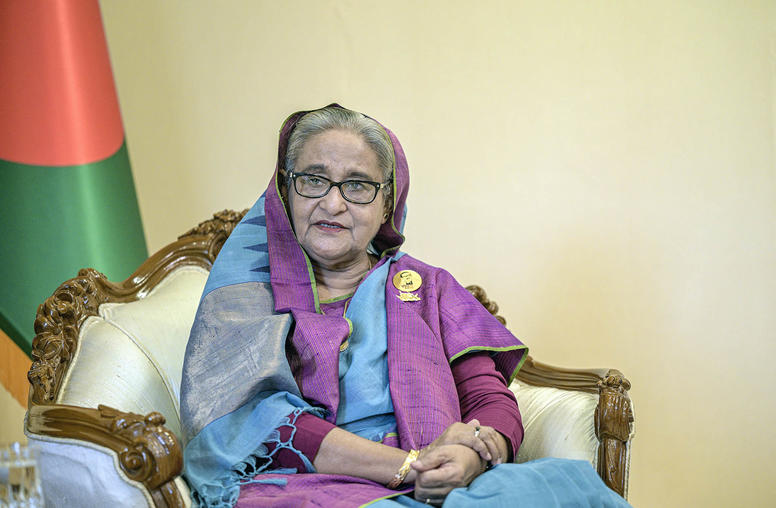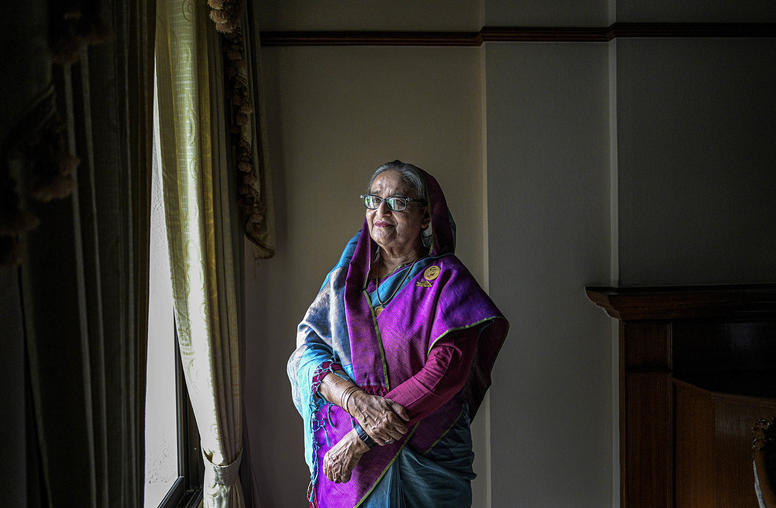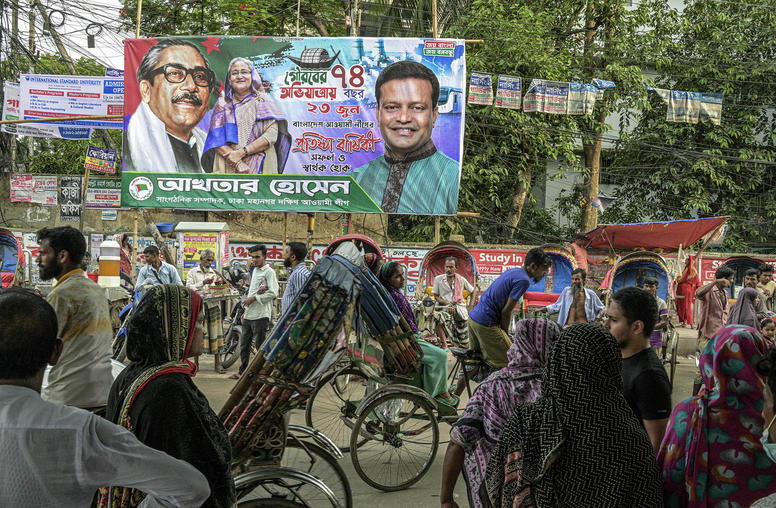Bangladesh: Human Rights and the Rule of Law in Crisis
The speakers discussed the developments in Bangladesh over the past four years, including the rise in political violence and the erosion of democracy. Speakers also commented on what these developments mean for the future of Bangladesh, and what importance they have for the United States.
Speakers
- Stephen Engelken, Department of State
- Karl Inderfurth, The George Washington University
- A. Tariq Karim, University of Maryland
- William Milam, Woodrow Wilson Center
- Howard B. Schaffer, Georgetown University
- C. Christine Fair, U.S. Institute of Peace, Moderator
Media Inquiries
Please contact the Office of Public Affairs and Communications at 202.429.3832.



